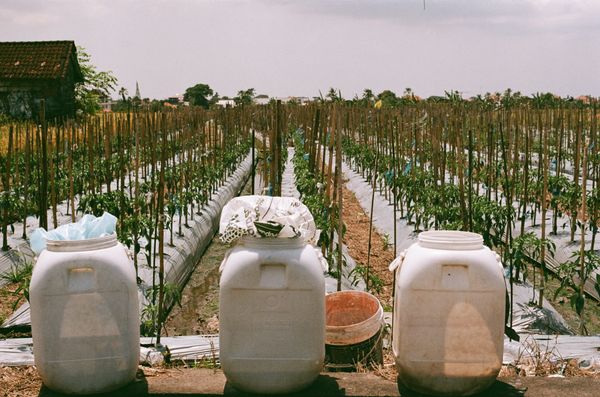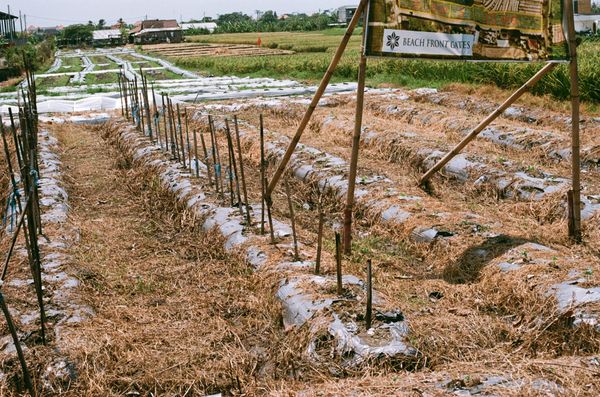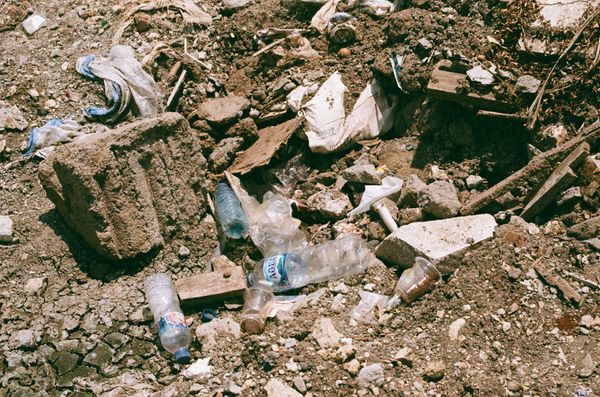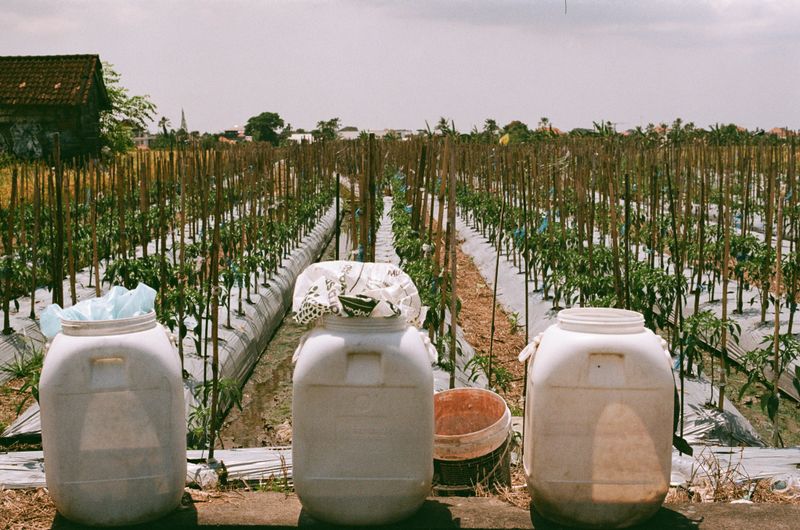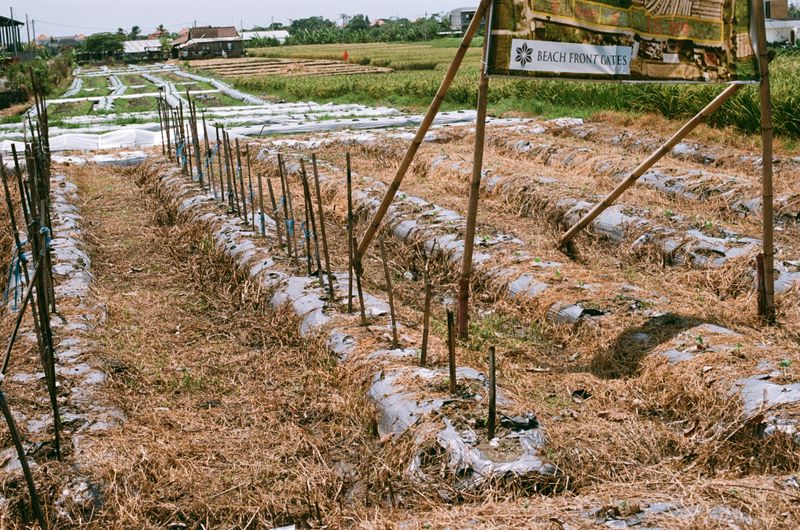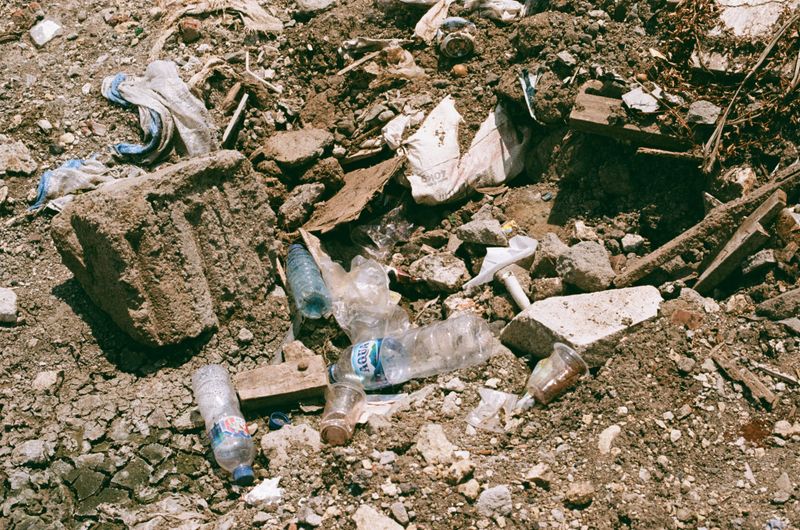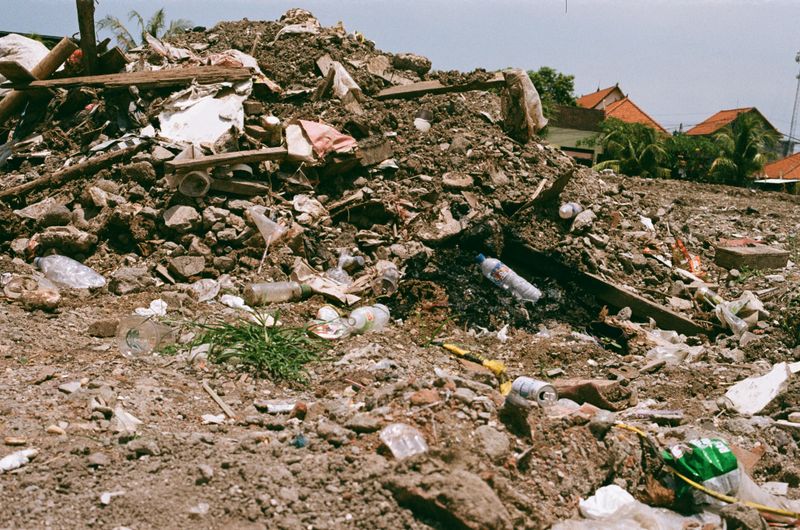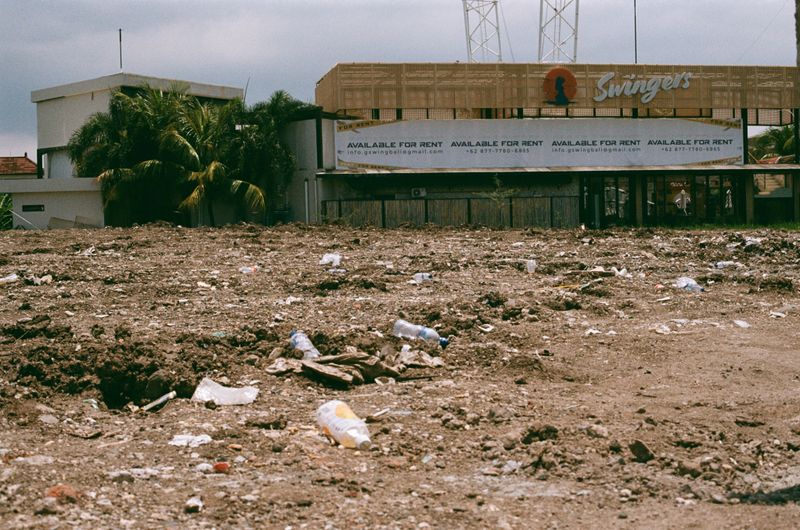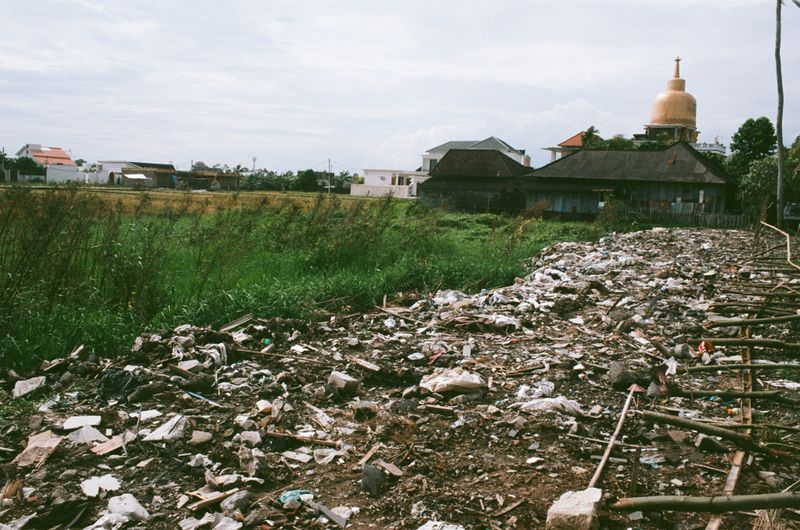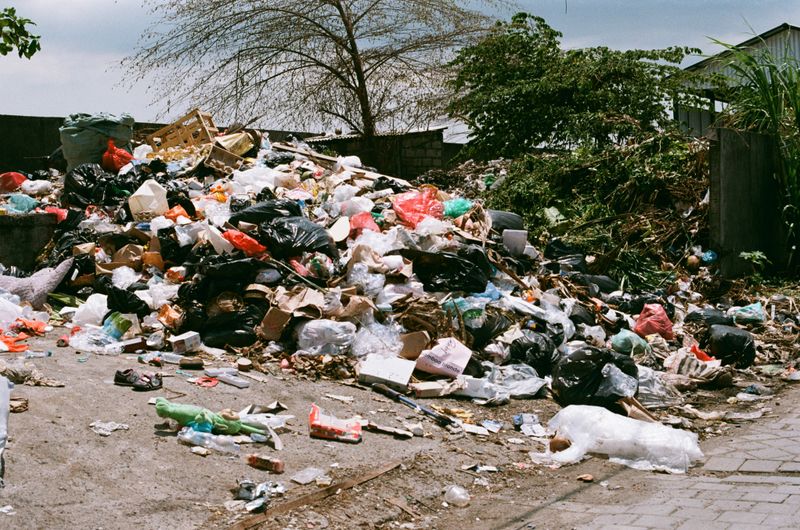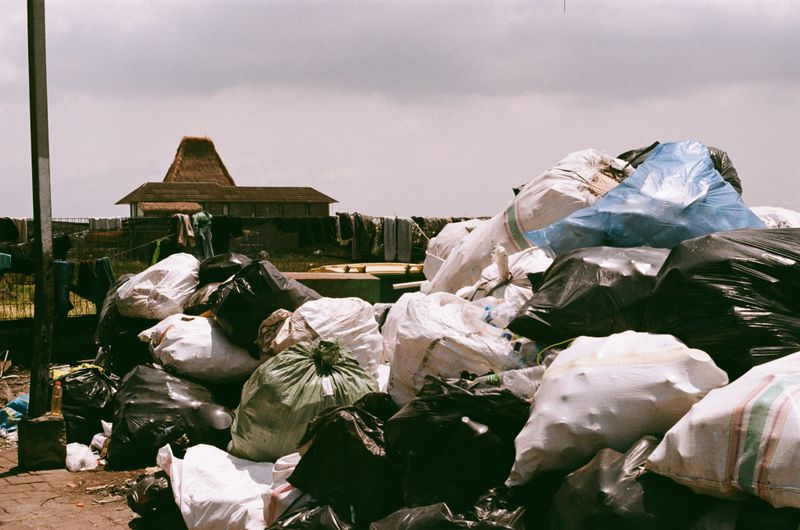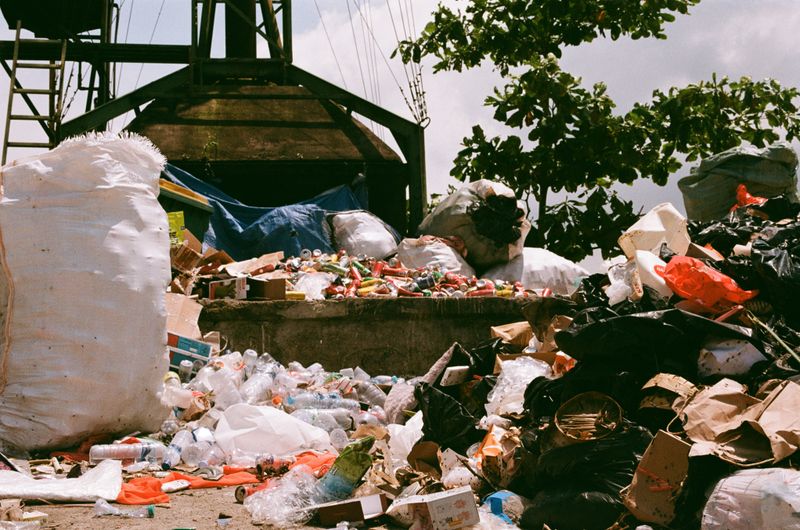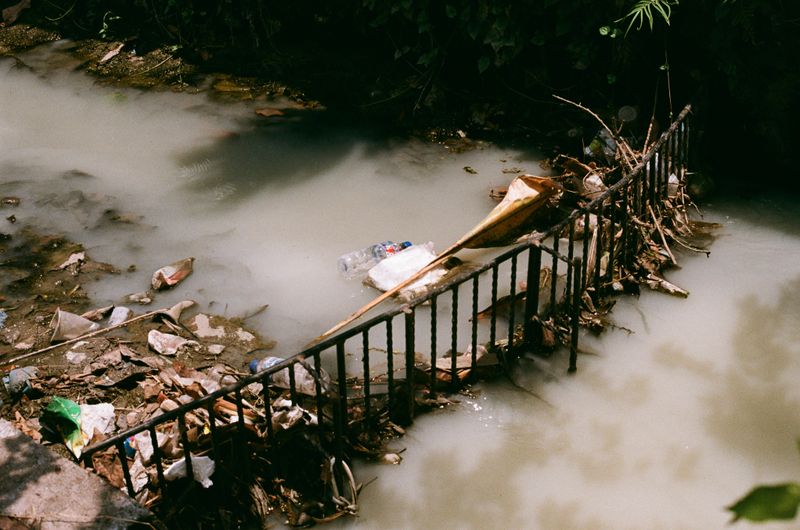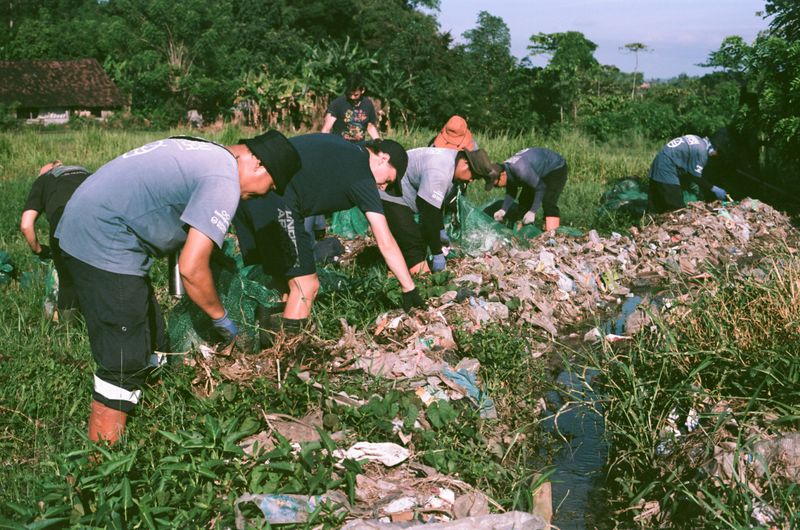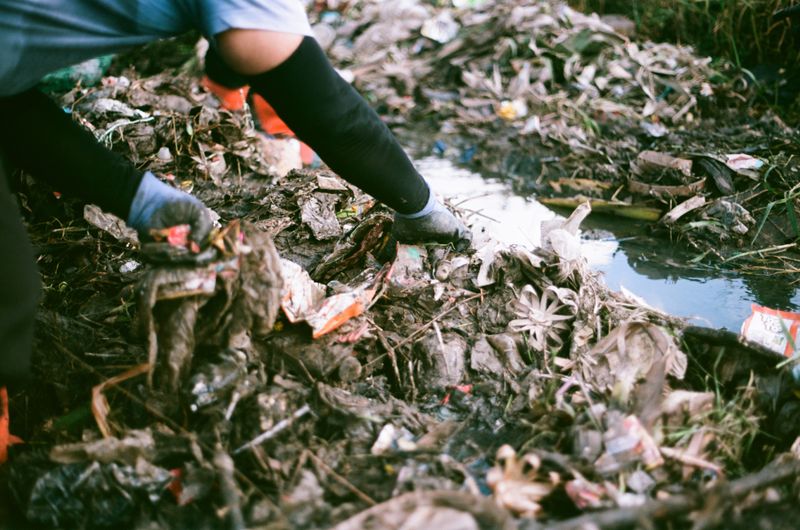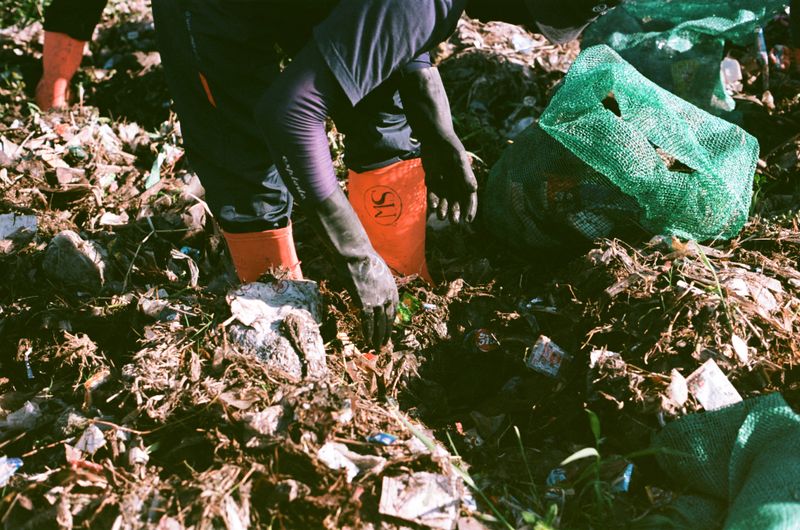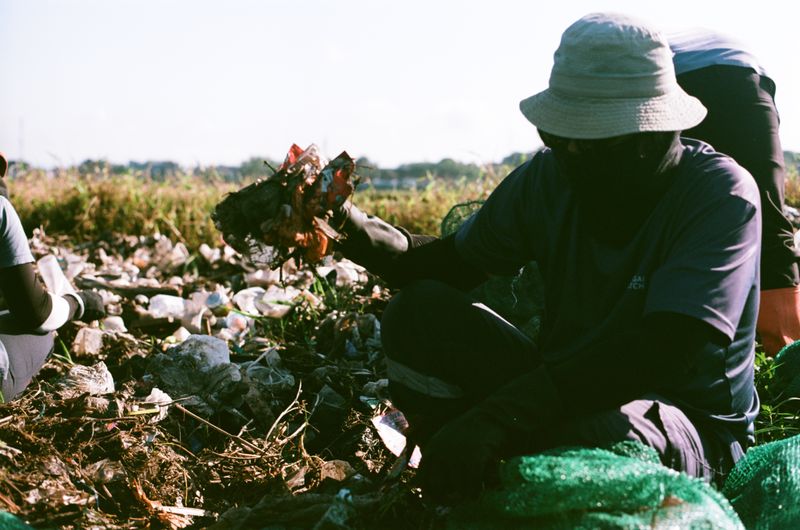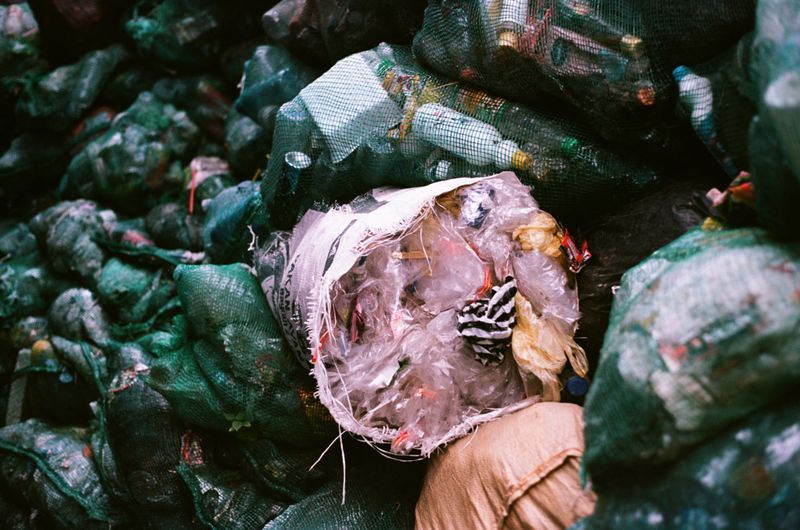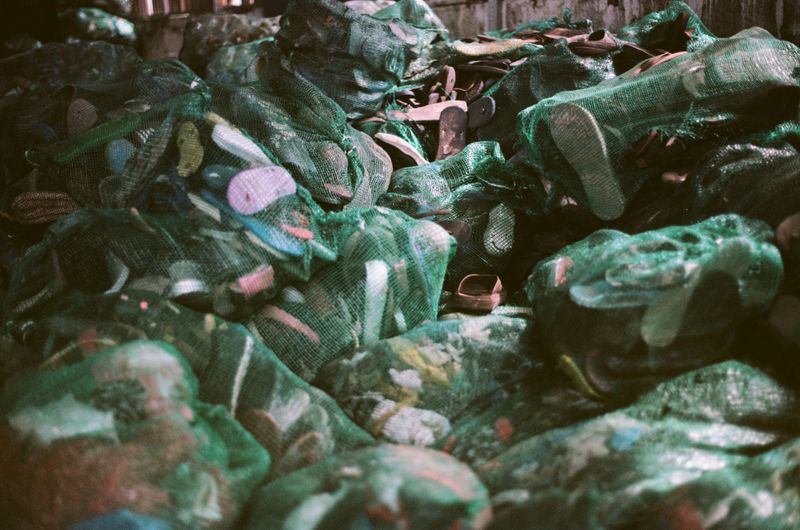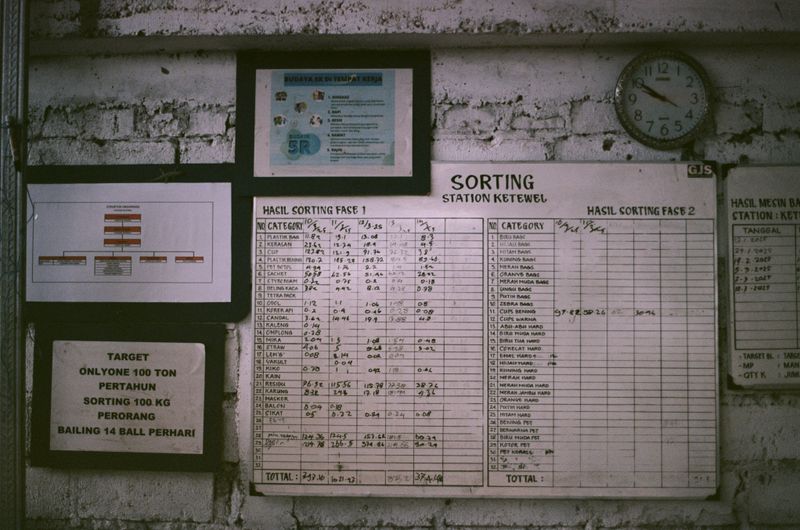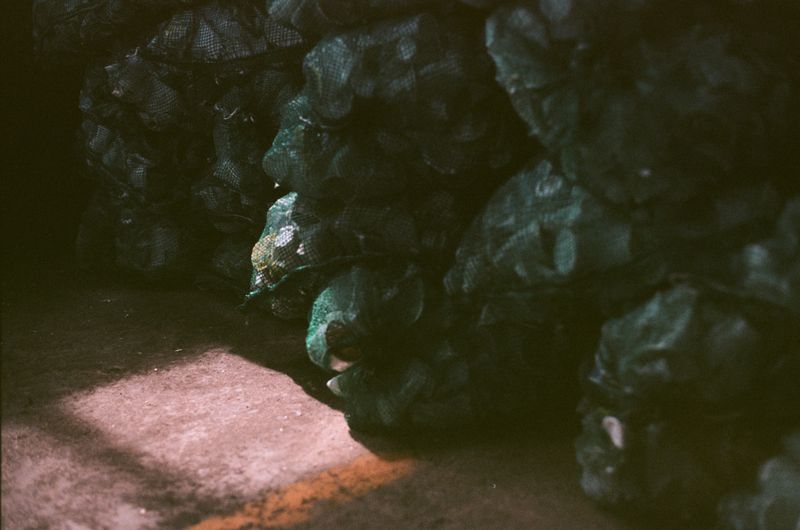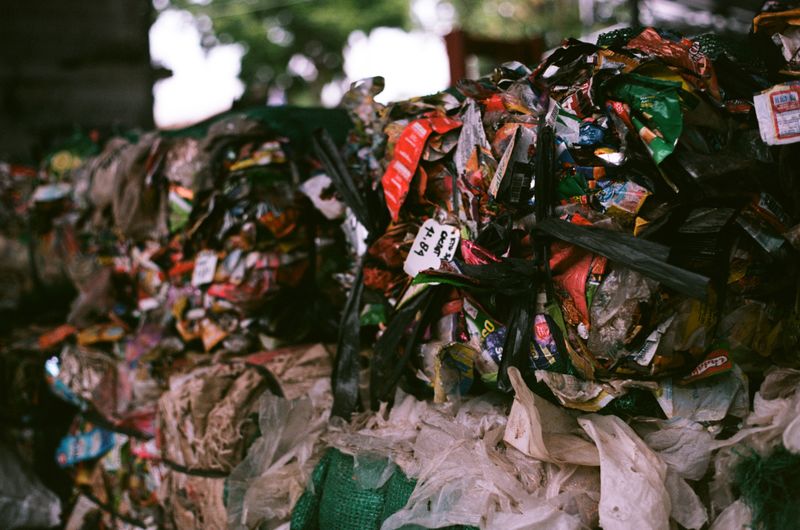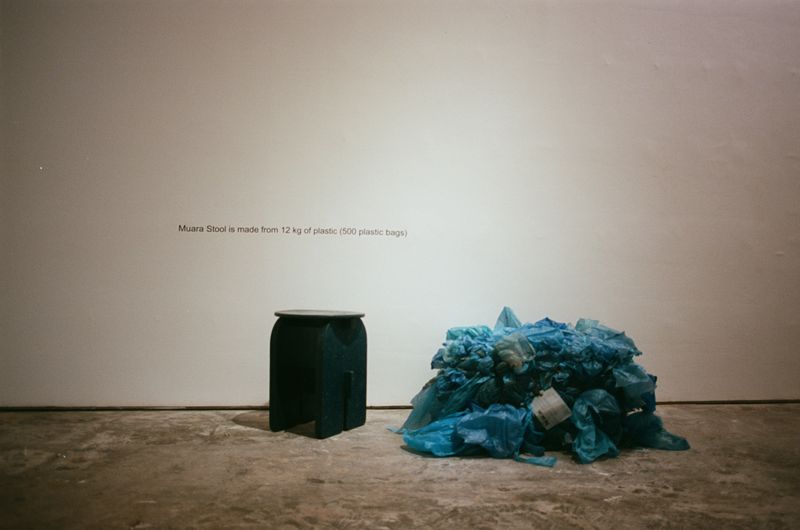Plastic Reimagined. Art, Waste, and the Struggle for Balance in Indonesia
-
Dates2025 - Ongoing
-
Author
- Topics Awards, Contemporary Issues, Daily Life, Documentary, Editorial, Nature & Environment, Photobooks, Social Issues, Street Photography
- Location Bali, Indonesia
Plastic Reimagined reveals how economic barriers fuel Indonesia’s plastic crisis and highlights how communities creatively transform waste into art and tools, showcasing resilience amid systemic failure.
Plastic is everywhere. In Indonesia, it threads itself through daily life—wrapped round roadside snacks, tucked into temple offerings, swept back and forth on the evening tide. Yet the familiar images of clogged rivers and floating islands of trash tell only half the story. Behind every sachet and shopping bag lies an economic calculus that often starts with a single uncomfortable truth: for many households, the formal waste-collection fee, however small on paper, is an expense they simply cannot meet.
When the rubbish truck never comes—or comes only for those who have paid—plastic is burned in backyards or dumped in the nearest stream, feeding a downstream catastrophe that too often maps neatly onto poverty itself. Households without access to collection are estimated to burn, bury, or litter more than three-quarters of their plastic waste.
Plastic Reimagined was born at the point where that systemic failure meets everyday ingenuity. Turning trash into tools, sculptures, and furniture is at once a survival strategy and an act of resistance—an assertion of agency where the system offers none. Indonesia ranks among the world’s largest contributors of plastic to the ocean, but it is also a laboratory of resilience.
This book is not merely a catalogue of pollution; it is an exploration of the systems that create it. It explores how trade routes have filled the islands with single-use packaging and the issues caused by taxation. It emphasises the tempting convenience of small packets and the abandoned traditional creative ways of packaging, but it also gives voice to people who choose not to be discouraged by the waste created by others.
The stories that follow are not about giving up; instead, they highlight individuals who are collaborating in a creative and thoughtful economy where art, work, and the environment are all connected.
Plastic Reimagined encourages us to take a moment to think about waste, focusing on the people and communities that make choices—good or bad—about plastic use. It also challenges us with a deeper question: If something as simple as a plastic chair can tell us so much about costs, creativity, and limitations, what other important lessons can we learn? It's not just about reusing materials; it's about how we connect with each other and care for our planet.
